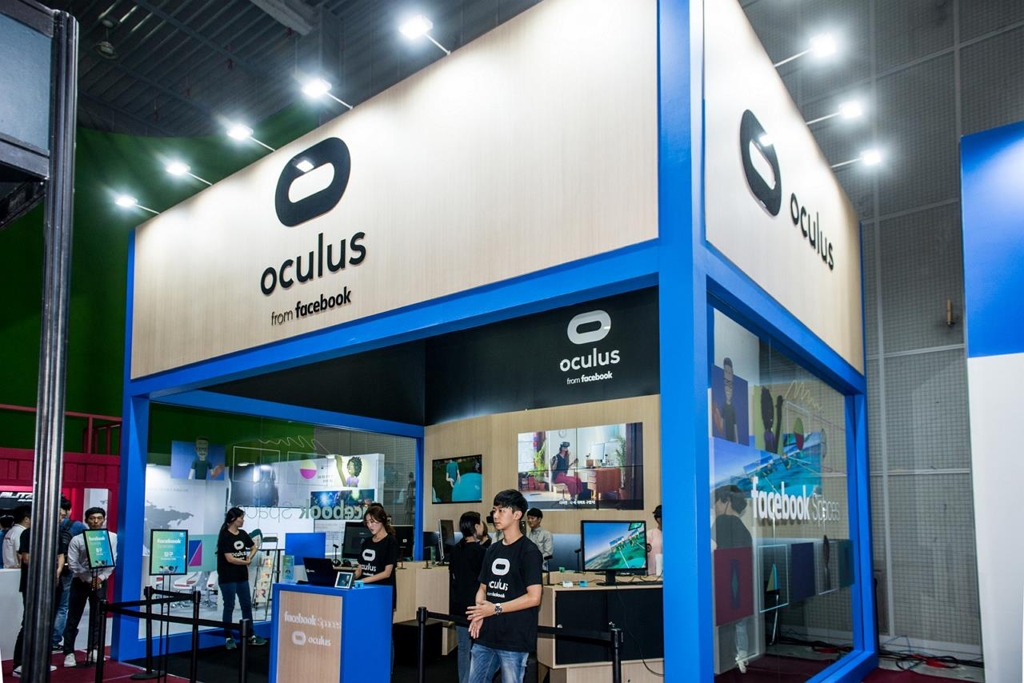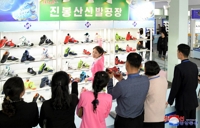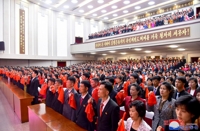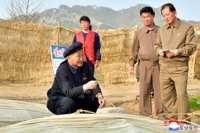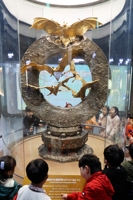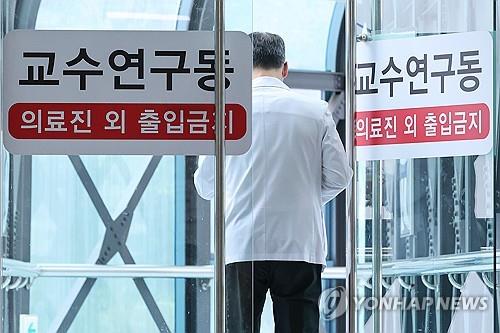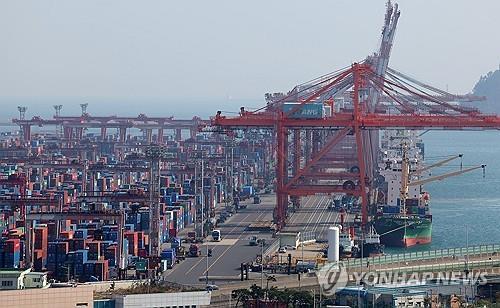(Yonhap Feature) VR tech expands scope beyond gaming to cover everyday lives
By Kim Han-joo
SEOUL, Sept. 22 (Yonhap) -- When people hear the words "virtual reality" (VR), most would think of video games with awkward VR headsets. Some would think of "The Matrix," the movie where the main character, Neo, realizes that his reality is actually a computer simulation and that the Matrix is a VR version of the world designed to keep the human race passive.
Only a few years ago, VR -- which works by tracking a user's head movements in a simulated three-dimensional world -- was a niche business, as the gadgets were not only expensive but cumbersome to use.
Now, numerous vendors, including big names in the industry such as Samsung Electronics Co. and Facebook-owned Oculus, have released cost-effective headsets and opened up new possibilities by expanding the market beyond the gaming and entertainment sectors to various industries ranging from automotive and military to health care.
The Korea VR Festival 2017, which ran from Saturday to Wednesday at the Sangam Digital Media Complex business district in western Seoul, was a chance to experience the latest VR technologies and to take a glimpse at how virtual reality can impact ordinary lives now and in the future.
The event, co-hosted by the Ministry of Science and the National IT Industry Promotion Agency (NIPA), brought together nearly 200 VR manufacturers and suppliers from both home and abroad.
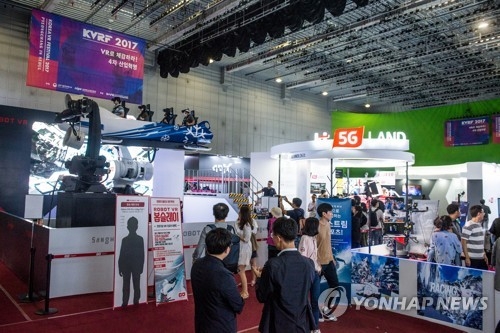
Visitors check out the latest breakthroughs at the Korea VR Festival 2017, held at the Sangam Digital Media Complex business district in western Seoul from Sept. 16-20. (Yonhap)
"Imagine doctors operating on a patient in a VR operating theater (where) they will be able to see the procedures in advance," said Joo Il-young of mid-sized tech firm SolidEng Inc. "These far-fetched ideas that seem to be so far from reality are actually already happening today."
The company has joined forces with the country's top engineering university, the Korea Advanced Institute of Science and Technology (KAIST), to apply VR technology to hip joint surgery. MRI data is used to build up a 3D image of a hip joint so that the advantages and disadvantages of various surgical methods can be examined before surgery actually takes place.
"Doctors will be able to make surgical plans through the VR navigation system to confirm the optimal procedure," said Joo, adding that this method can enhance a patient's recovery by giving surgeons the ability to carry out trial runs.
The country's top-notch Seoul National University Hospital in Bundang, Gyeonggi Province, just south of the capital, is one of a few hospitals combining medicine and VR technology. For the first time in the country, the hospital has begun training medical staff with VR.
The hospital said it provides surgical experience to their interns, who view recorded videos of real surgeries through headsets. VR training improves their initial skills, and a simulation-based tests make it possible to ensure the basic competency of junior surgeons before they actually proceed to treating patients.
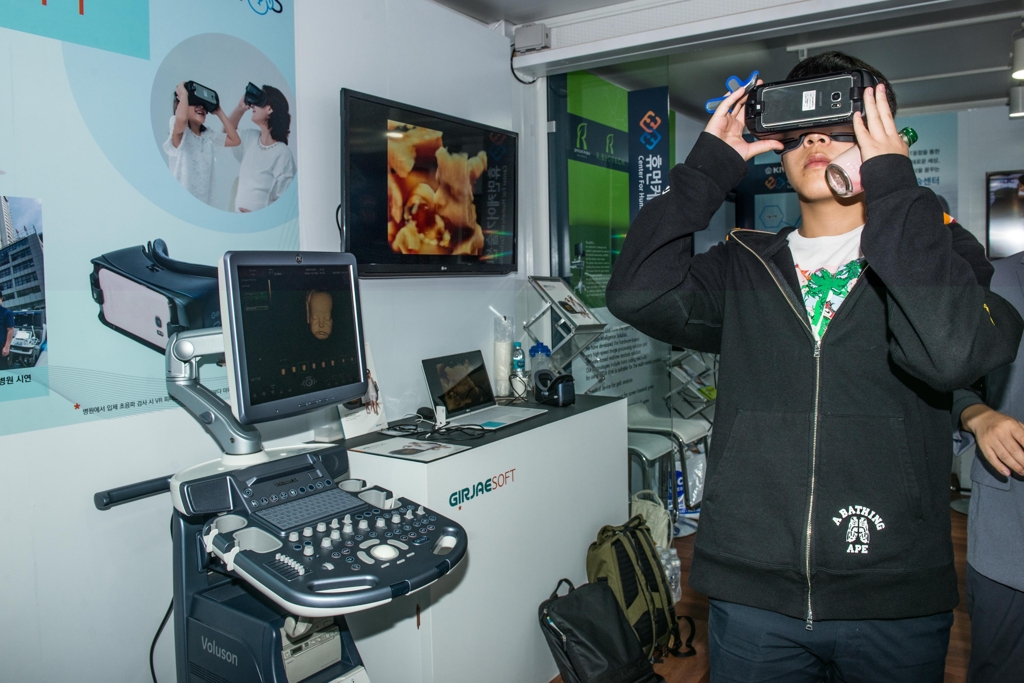
A visitor tries a virtual reality headset at the Korea VR Festival 2017, held at the Sangam Digital Media Complex business district in western Seoul from Sept. 16-20. (Yonhap)
Increasingly a large number of carmakers are also using VR technology to test safety features, and to design their products to be as safe as possible and of the quality the customer expects before they actually hit the production line. Many manufacturers are starting to offer various VR-based services.
Hyundai AutoEver, an IT arm of South Korea's largest automaker Hyundai Motors Co., has joined with Z-storm Inc. to develop a VR program that allows people to sit inside a specific vehicle model without actually riding the car itself.
The so-called "Digital Showroom" gives people a real steering wheel with which to drive the virtual car, allowing users to experience the model as if they were sitting in it. The company currently provides the VR experience for Hyundai's latest subcompact SUV Kona and plans to add more models.
The latest gathering was also an opportunity to see how the military is incorporating VR technology to train soldiers and other military personnel by giving them experiences ranging from vehicle and flight simulations to battlefield situations.
The Korea Military Academy, which trains future officers, showcased a weapons simulator that reproduces real ballistic trajectories to improve the effectiveness of firearms training. The school has begun developing its indigenous VR technologies by working with the Ministry of Science and ICT.
"I think simulating the actual battlefield for soldiers who will be facing combat is probably the most difficult area in which VR can prepare troops," said Seo Jae-hoon, an ex-serviceman and businessman who tried the academy's VR simulator.
According to a report by industry tracker IHS, the global VR market is about to become mainstream and could surpass US$ 40 billion by 2020. Currently, VR hardware accounts for the largest share of the market, with the software sector forecast grow at the highest rate.
Gaming and entertainment are currently still the most common uses for the medium. However, industry insiders say that other segments such as health care and industrial applications will be far bigger markets in the next five years.
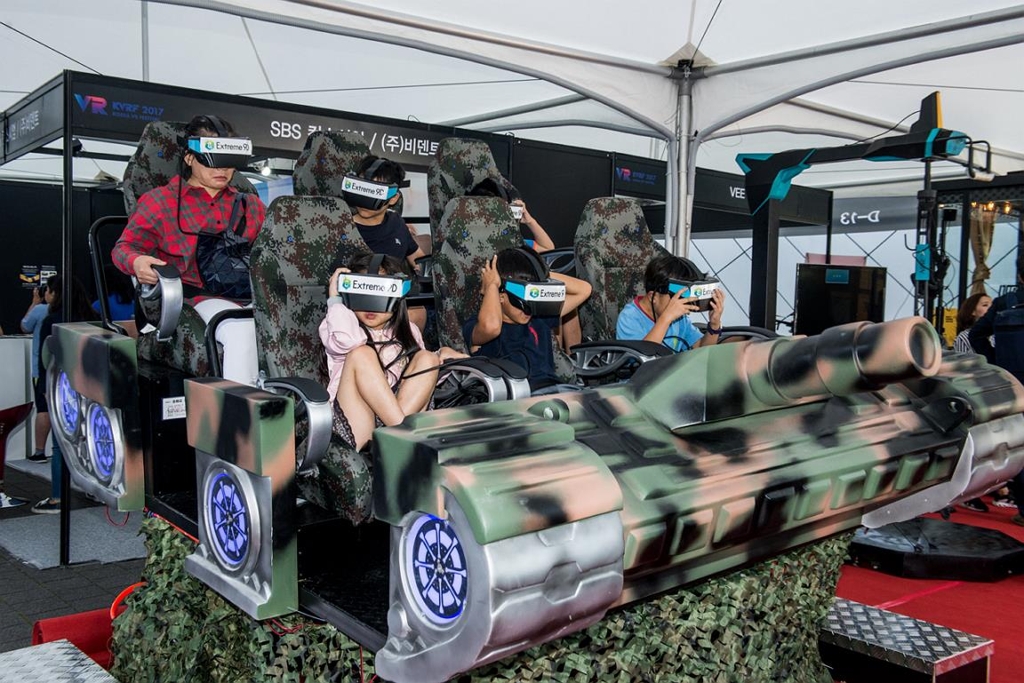
Visitors enjoy a virtual ride at the Korea VR Festival 2017, held at the Sangam Digital Media Complex business district in western Seoul from Sept. 16-20. (Yonhap)
khj@yna.co.kr
(END)
-
 S. Korea marks 30th anniv. of Korean Pavilion at Venice Biennale with contemporary art
S. Korea marks 30th anniv. of Korean Pavilion at Venice Biennale with contemporary art -
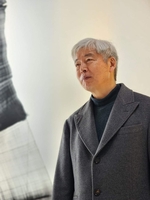 Artist Lee Bae captures ethereal Korean aesthetics at Venice Biennale
Artist Lee Bae captures ethereal Korean aesthetics at Venice Biennale -
 Ateez member Yunho throws first pitch at MLB match between Dodgers, Mets
Ateez member Yunho throws first pitch at MLB match between Dodgers, Mets -
 Gov't likely to accept university chiefs' request to lower med school enrollment quota
Gov't likely to accept university chiefs' request to lower med school enrollment quota -
 S. Korea supports resolution backing U.N. membership of Palestine
S. Korea supports resolution backing U.N. membership of Palestine
-
 Artist Lee Bae captures ethereal Korean aesthetics at Venice Biennale
Artist Lee Bae captures ethereal Korean aesthetics at Venice Biennale -
 S. Korea marks 30th anniv. of Korean Pavilion at Venice Biennale with contemporary art
S. Korea marks 30th anniv. of Korean Pavilion at Venice Biennale with contemporary art -
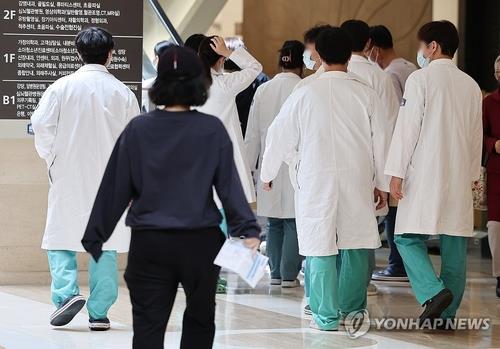 Gov't likely to accept university chiefs' request to lower med school enrollment quota
Gov't likely to accept university chiefs' request to lower med school enrollment quota -
 Looming weekly closure of major hospitals feared to worsen medical service crisis
Looming weekly closure of major hospitals feared to worsen medical service crisis -
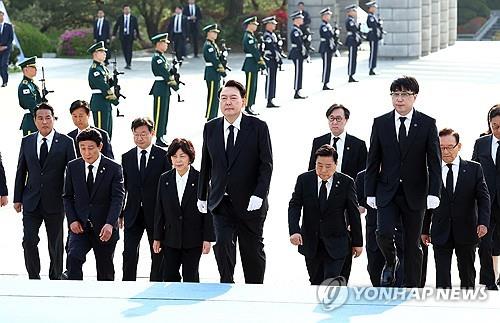 Yoon's approval rating sinks to lowest point since taking office
Yoon's approval rating sinks to lowest point since taking office
-
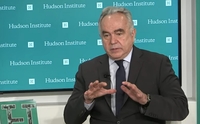 U.S. will take steps for three-way engagement on nuclear deterrence with S. Korea, Japan: Campbell
U.S. will take steps for three-way engagement on nuclear deterrence with S. Korea, Japan: Campbell -
 (LEAD) Hybe to file complaint against sublabel executives over internal conflict
(LEAD) Hybe to file complaint against sublabel executives over internal conflict -
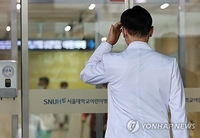 Looming weekly closure of major hospitals feared to worsen medical service crisis
Looming weekly closure of major hospitals feared to worsen medical service crisis -
 Author of ADOR's 'internal document' refutes allegations of spinoff plot
Author of ADOR's 'internal document' refutes allegations of spinoff plot -
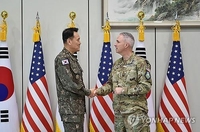 U.S. SPACECOM commander says N.K.'s satellite launch violates U.N. resolutions
U.S. SPACECOM commander says N.K.'s satellite launch violates U.N. resolutions
